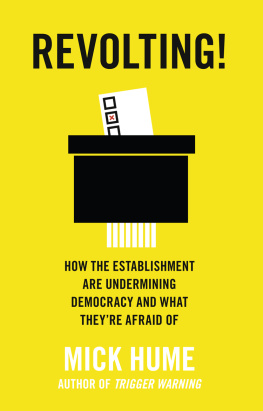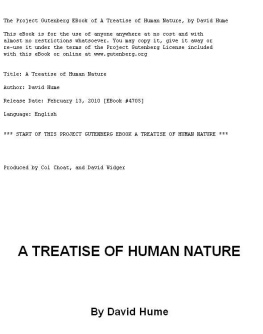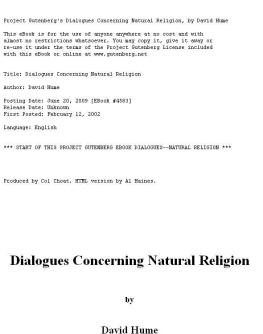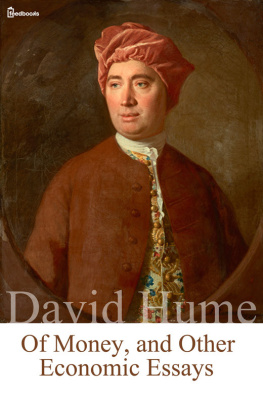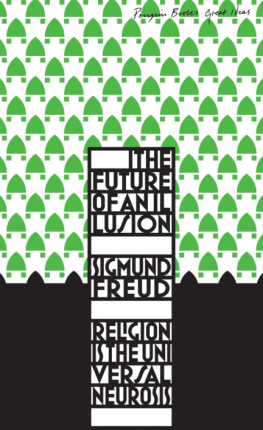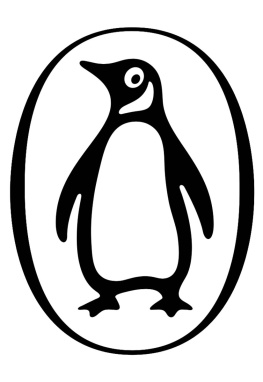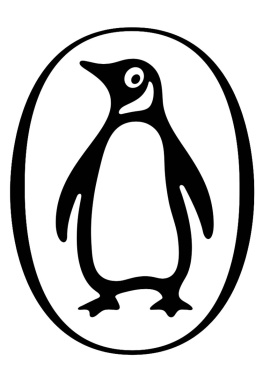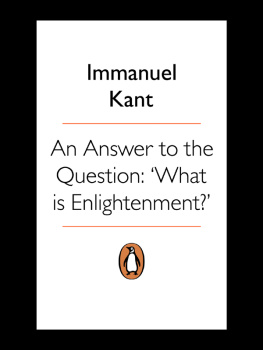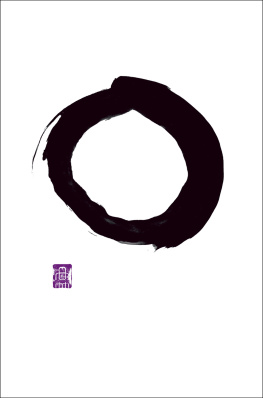David Hume
17111776
David Hume
On Suicide
PENGUIN BOOKS GREAT IDEAS
PENGUIN BOOKS
Published by the Penguin Group
Penguin Books Ltd, 80 Strand, London WC2R 0RL , England
Penguin Group (USA) Inc., 375 Hudson Street, New York, New York 10014, USA
Penguin Group (Canada), 10 Alcorn Avenue, Toronto, Ontario, Canada, M4V 3B2
(a division of Pearson Penguin Canada Inc.)
Penguin Ireland, 25 St Stephens Green, Dublin 2, Ireland
(a division of Penguin Books Ltd)
Penguin Group (Australia), 250 Camberwell Road, Camberwell, Victoria 3124, Australia
(a division of Pearson Australia Group Pty Ltd)
Penguin Books India Pvt Ltd, 11 Community Centre, Panchsheel Park, New Delhi 110 017, India
Penguin Group (NZ), cnr Airborne and Rosedale Roads, Albany, Auckland 1310, New Zealand
(a division of Pearson New Zealand Ltd)
Penguin Books (South Africa) (Pty) Ltd, 24 Sturdee Avenue, Rosebank 2196, South Africa
Penguin Books Ltd, Registered Offices: 80 Strand, London WC2R 0RL , England
www.penguin.com
First published in Penguin Books 2005
Except in the United States of America, this book is sold subject to the condition that it shall not, by way of trade or otherwise, be lent, re-sold, hired out, or otherwise circulated without the publishers prior consent in any form of binding or cover other than that in which it is published and without a similar condition including this condition being imposed on the subsequent purchaser
ISBN: 978-0-14-196428-7
On Suicide
[ ] Let us here endeavour to restore men to their native liberty, by examining all the common arguments against Suicide, and showing that that action may be free from every imputation of guilt or blame, according to the sentiments of all the ancient philosophers.
If suicide be criminal, it must be a transgression of our duty either to God, our neighbour, or ourselves.
To prove that Suicide is no transgression of our duty to God, the following considerations may perhaps suffice. In order to govern the material world, the almighty creator has established general and immutable laws, by which all bodies, from the greatest planet to the smallest particle of matter, are maintained in their proper sphere and function. To govern the animal world, he has endowed all living creatures with bodily and mental powers; with senses, passions, appetites, memory, and judgement, by which they are impelled or regulated in that course of life to which they are destined. These two distinct principles of the material and animal world continually encroach upon each other, and mutually retard or forward each others operation. The powers of men and of all other animals are restrained and directed by the nature and qualities of the surrounding bodies; and the modifications and actions of these bodies are incessantly altered by the operation of all animals. Man is stopped by rivers in his passage over the surface of the earth; and rivers, when properly directed, lend their force to the motion of machines, which serve to the use of man. But though the provinces of the material and animal powers are not kept entirely separate, there results from thence no discord or disorder in the creation; on the contrary, from the mixture, union, and contrast of all the various powers of inanimate bodies and living creatures, arises that surprising harmony, and proportion, which affords the surest argument of supreme wisdom.
The providence of the deity appears not immediately in any operation, but governs every thing by those general and immutable laws which have been established from the beginning of time. All events, in one sense, may be pronounced the action of the Almighty; they all proceed from those powers with which he has endowed his creatures. A house which falls by its own weight, is not brought to ruin by his providence, more than one destroyed by the hands of men; nor are the human faculties less his workmanship than the laws of motion and gravitation. When the passions play, when the judgment dictates, when the limbs obey; this is all the operation of God; and upon these animate principles, as well as upon the inanimate, has he established the government of the universe.
Every event is alike important in the eyes of that infinite Being, who takes in at one glance the most distant regions of space, and remotest periods of time. There is no event, however important to us, which he has exempted from the general laws that govern the universe, or which he has peculiarly reserved for his own immediate action and operation. The revolution of states and empires depends upon the smallest caprice or passion of single men; and the lives of men are shortened or extended by the smallest accident of air or diet, sunshine or tempest. Nature still continues her progress and operation; and if general laws be ever broke by particular volitions of the deity, it is after a manner which entirely escapes human observation. As, on the one hand, the elements and other inanimate parts of the creation carry on their action without regard to the particular interest and situation of men; so men are intrusted to their own judgment and discretion in the various shocks of matter, and may employ every faculty with which they are endowed, in order to provide for their ease, happiness, or preservation.
What is the meaning then of that principle, that a man, who, tired of life, and hunted by pain and misery, bravely overcomes all the natural terrors of death, and makes his escape from this cruel scene; that such a man, I say has incurred the indignation of his creator, by encroaching on the office of divine providence, and disturbing the order of the universe? Shall we assert, that the Almighty has reserved to himself, in any peculiar manner, the disposal of the lives of men, and has not submitted that event, in common with others, to the general laws by which the universe is governed? This is plainly false: the lives of men depend upon the same laws as the lives of all other animals; and these are subjected to the general laws of matter and motion. The fall of a tower, or the infusion of a poison, will destroy a man equally with the meanest creature; an inundation sweeps away every thing without distinction that comes within the reach of its fury. Since therefore the lives of men are for ever dependent on the general laws of matter and motion, is a mans disposing of his life criminal, because in every case it is criminal to encroach upon these laws, or disturb their operation? But this seems absurd: all animals are intrusted to their own prudence and skill for their conduct in the world; and have full authority, as far as their power extends, to alter all the operations of nature. Without the exercise of this authority, they could not subsist a moment; every action, every motion of a man, innovates on the order of some parts of matter, and diverts from their ordinary course the general laws of motion. Putting together therefore these conclusions, we find that human life depends upon the general laws of matter and motion, and that it is no encroachment on the office of providence to disturb or alter these general laws: has not every one of consequence the free disposal of his own life? And may he not lawfully employ that power with which nature has endowed him?
In order to destroy the evidence of this conclusion, we must show a reason why this particular case is excepted. Is it because human life is of such great importance, that it is a presumption for human prudence to dispose of it? But the life of a man is of no greater importance to the universe than that of an oyster: and were it of ever so great importance, the order of human nature has actually submitted it to human prudence, and reduced us to a necessity, in every incident, of determining concerning it.
Were the disposal of human life so much reserved as the peculiar province of the Almighty, that it were an encroachment on his right for men to dispose of their own lives, it would be equally criminal to act for the preservation of life as for its destruction. If I turn aside a stone which is falling upon my head, I disturb the course of nature; and I invade the peculiar province of the Almighty, by lengthening out my life beyond the period, which, by the general laws of matter and motion, he has assigned it.
Next page

